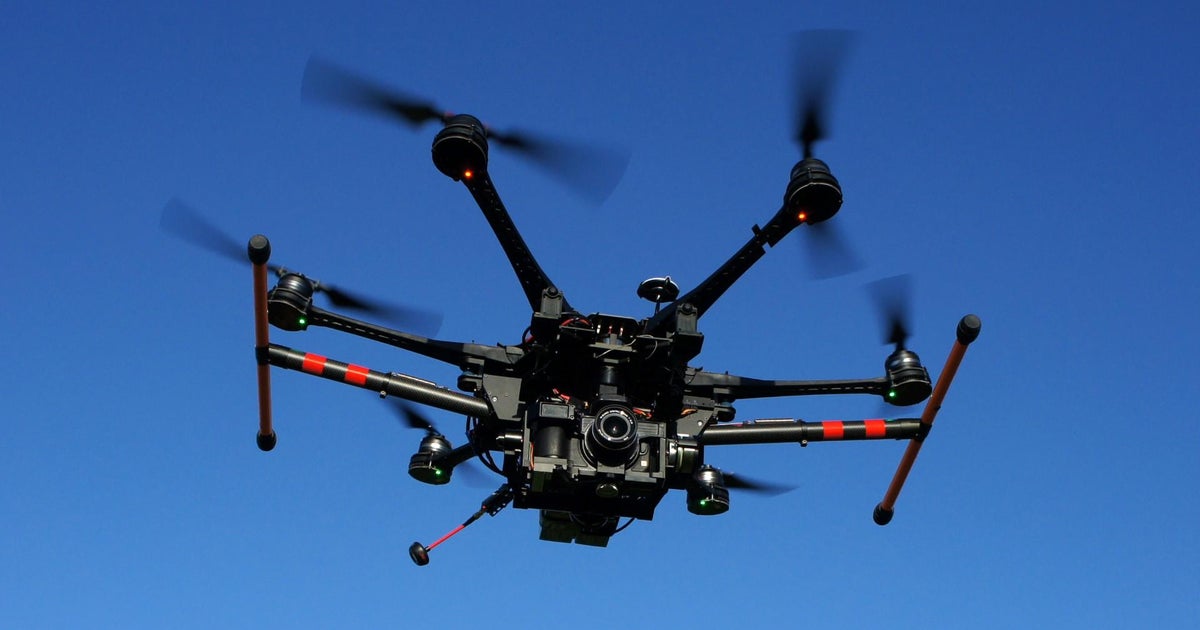Economic Fears Escalate After Troubling Jobs Report
NEW YORK (CBS 2) -- Troubling news was released Thursday regarding the state of the economy.
Last week, 484,000 Americans filed for unemployment benefits – the highest number of new jobless claims since February.
Many who are about to lose their benefits rallied Thursday on Wall Street, reports CBS 2's Kirstin Cole.
Hundreds of unemployed workers took to Wall Street to send a warning to the politicians in Washington and push for extended unemployment benefits.
"I've been unemployed for two years, I've been in the workforce for over 30 years, and this is the first time I've felt I needed to come out and join a rally and try to make some sort of public statement," Lakewood, NJ resident Joe Stancik said.
"I said, 'I have to come out,'" Francine Winiker, of the Upper East Side, said. "I'm a publicist, and I figured this is a great way to promote myself too."
"I cannot go to my landlord and tell my landlord, which for this month, I have no means to pay my bills," said Orange, NJ resident Lori Ghazami.
Their concerns reflect those of an entire nation, where unemployed numbers climbed by 2,000 to 484,000 – the highest level in six months.
With a recent poll finding many Americans think things are going to get worse before they get better, some analysts are saying that perception can quickly become a reality.
"It's pretty ugly out there," said CBS MoneyWatch's Jack Otter. "It's getting better, but not fast enough."
Otter says it's a mix of good and bad news. Gross domestic product grew 2.4 percent in the second quarter, but a record number of 40 million Americans are now on food stamps. Much of the bad economic news stems from consumers feeling bad about depressed home prices, high unemployment numbers and a volatile stock market.
"When everyone stopped spending, businesses can't sell anything. When they can't sell anything, they can't hire people, and that's why unemployment is so stubbornly high and is not going to get improved tomorrow," Otter said.
As Americans build cash reserves in savings accounts, though, they are slowly loosening purse strings, and that is creating cautious optimism.



